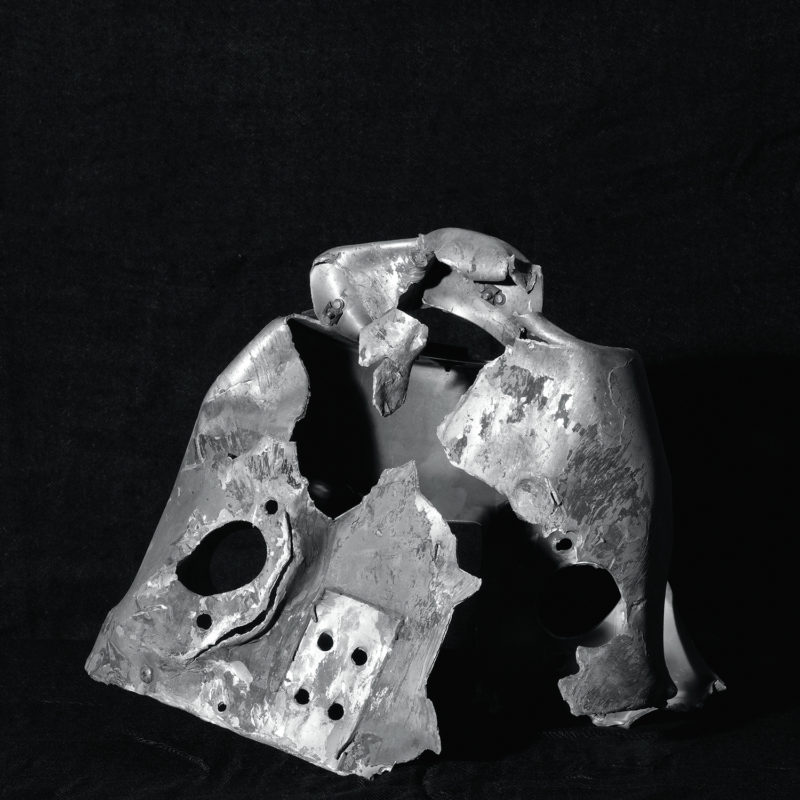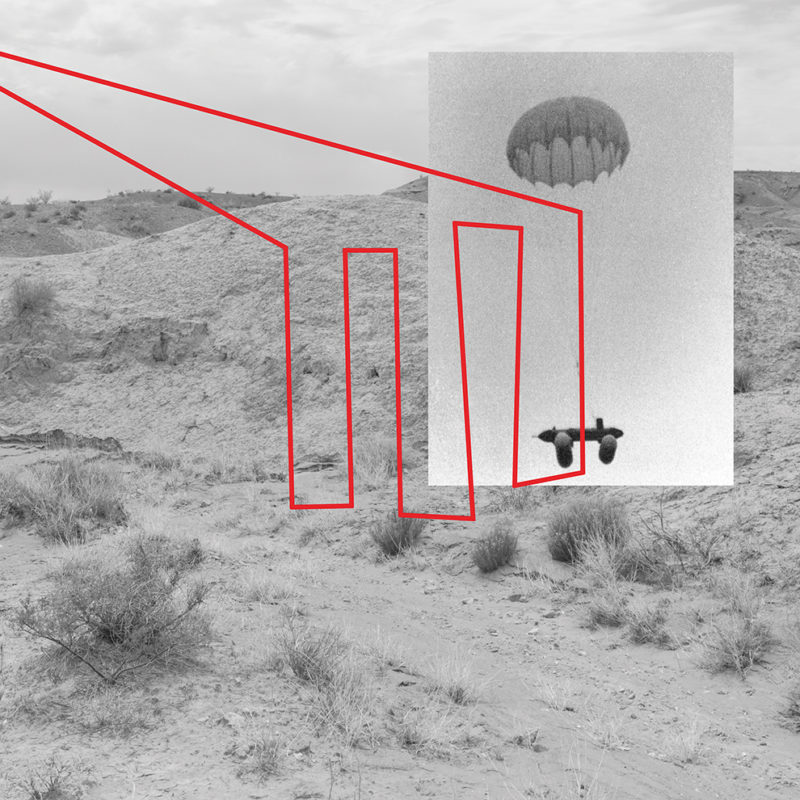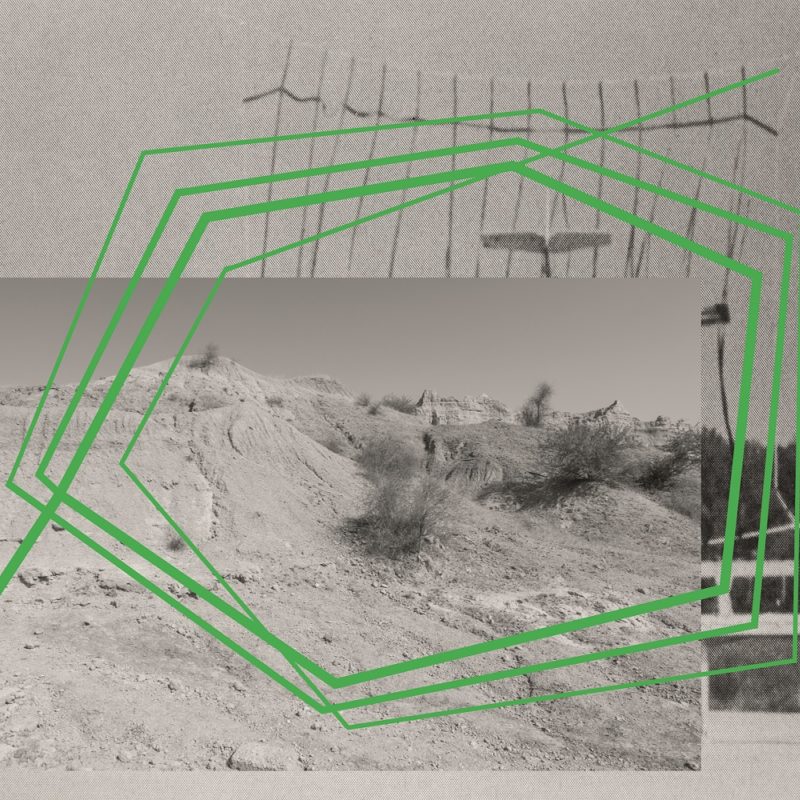Lisa Barnard. Whiplash Transition (2010–2013)
In her project Whiplash Transition, Lisa Barnard’s focuses on Remotely Piloted Aircraft (RPAs), which have been used by the US military since the First World War. Assault RPA were deployed in the closing stages of the Second World War, and the first major combat use of Unmanned Aerial Vehicles (UAVs, commonly known as drones) was during the Vietnam War. The 1991 Gulf War renewed operation of UAVs and, by the beginning of the Balkans conflict, military intelligence were integrating UAV Intelligence, surveillance, and reconnaissance data into their analyses (J. Keane and S. Carr, A Brief History of Early Unmanned Aircraft, November 2013). UAVs are now the norm in warfare and are deployed both in-theatre and remotely.
The term “whiplash transition” is sometimes used by pilots of UAVs to denote the journey of mind and body as they take the 40-minute journey, travelling from their place of work—in this case Creech Air Force Base, where they destroy targets abroad —to home, off base—in this instance Las Vegas, “the entertainment capital of the world”. They are expected to forget the stresses and complexities of fighting a war remotely and operate as a parent with engagement and commitment, becoming the perfect “football dad”. This lack of demarcation between combat and personal/home has been well documented and is considered by expert psychologists in the field to be one of the contributory factors of operational stress or even eventual burnout.
Lisa Barnard is an artist, whose works may be defined as documentary, lecturer and programme leader on the MA Documentary Photography at The University of South Wales. She has published two books: Chateau Despair and Hyenas of the Battlefield, Machines in the Garden. The Hyenas publication was funded by the Albert Renger Patzsch Book Award, and nominated for the Prix Du Livre at Rencontres D’Arles in 2015. In the same year Barnard was awarded the Prestige Grant from Getty Images.






